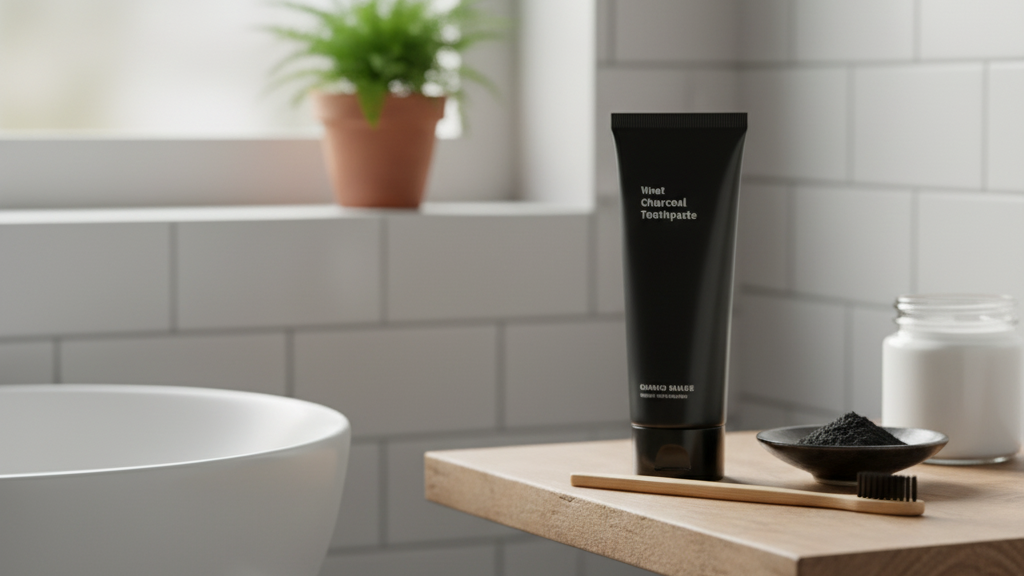What Does Charcoal Toothpaste Do?
Charcoal toothpaste promises whiter teeth and a detoxified mouth, but what does it actually do? Activated charcoal, the key ingredient, binds to stains and impurities, acting as a natural abrasive. This guide explains its effects on teeth, gums, and overall oral health, helping you decide if it’s worth adding to your bathroom routine with PureBathBliss.com.
How Charcoal Toothpaste Works
Activated charcoal’s porous structure absorbs surface stains from food and drinks, polishing teeth without harsh chemicals. It’s often mixed with baking soda for extra abrasion and mint for freshness.
What It Does for Teeth
Whitens Surface Stains: Removes discoloration from coffee or wine, brightening smiles.
Polishes Enamel: Mildly buffs teeth for a smoother feel, but overuse can wear enamel.
Freshens Breath: Absorbs odor-causing compounds, providing temporary relief.
What It Does for Gums and Oral Health
Reduces Plaque: Binds to bacteria, potentially lowering plaque buildup.
Detoxifies: Absorbs toxins, though dental experts debate its efficacy.
Supports Hygiene: Encourages thorough brushing, per “Bacterial Growth Prevention.”
Limitations and Risks
No Deep Staining: Doesn’t change tooth color, only removes surface stains.
Enamel Wear: Abrasive nature may erode enamel over time.
No Fluoride in Some: May not protect against cavities if fluoride-free.
Staining: Can stain grout or sinks, per “Hard Water Stains.”
Is It Effective?
Charcoal toothpaste whitens and freshens but isn’t a miracle worker. Use 2–3 times weekly, pair with a bamboo toothbrush for sustainability, and consult a dentist for professional whitening.
